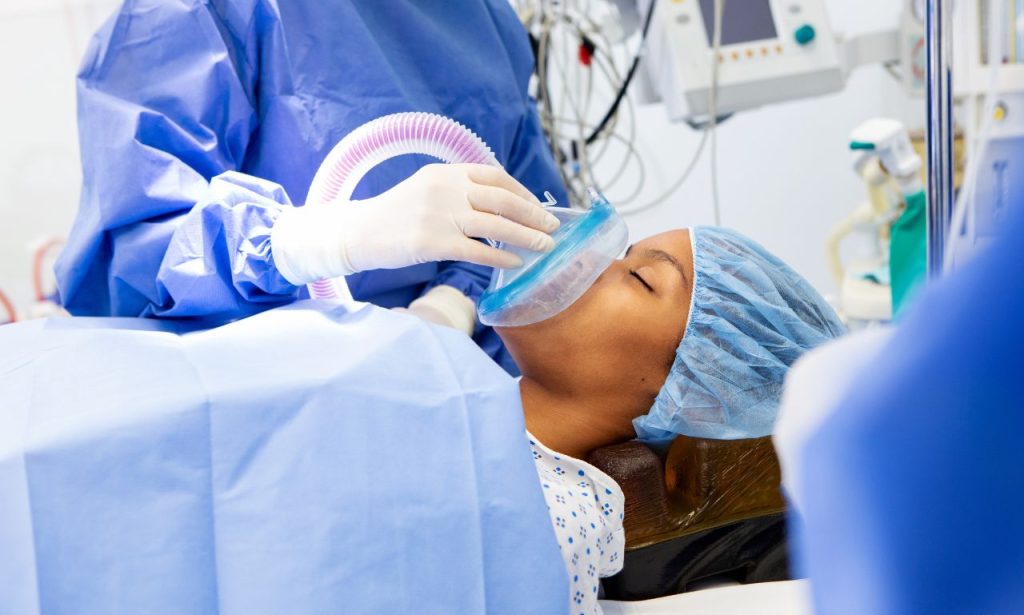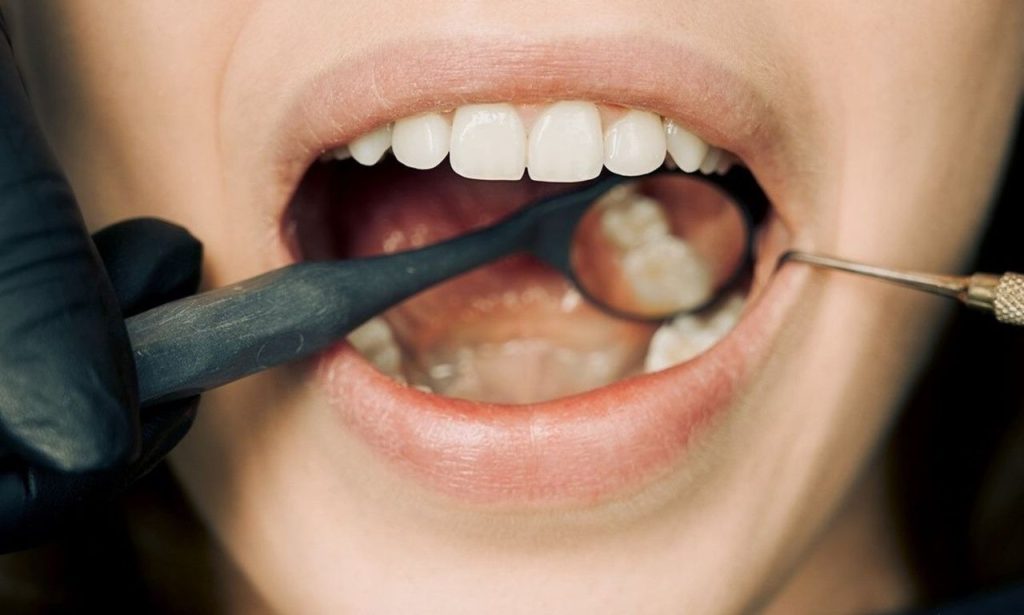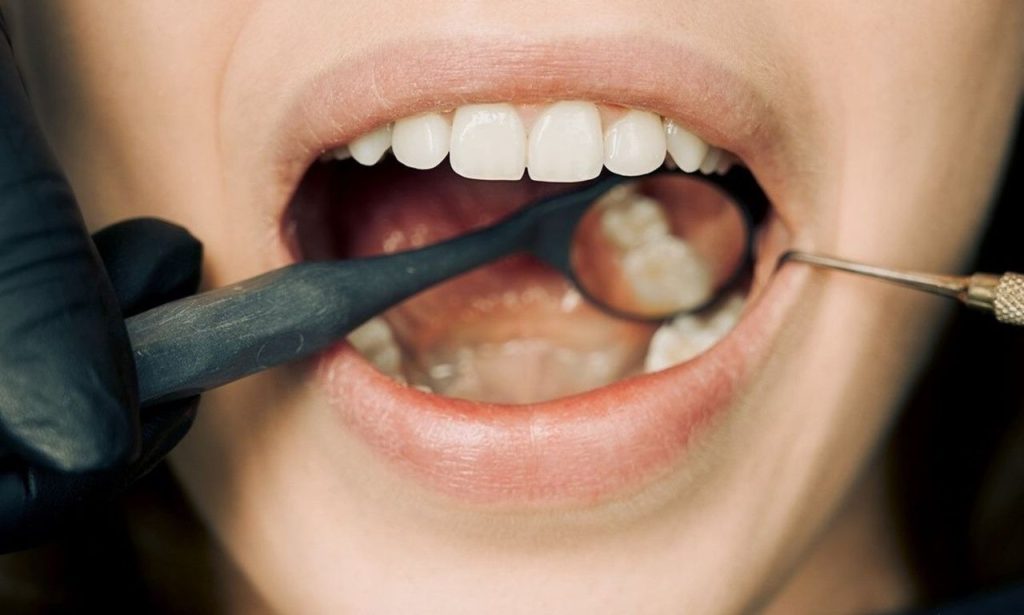Wisdom teeth removal can be a pretty daunting experience. Understanding what to do before wisdom teeth removal with local anesthesia can make a world of difference for your comfort and peace of mind. This detailed guide will walk you through everything you need to know to be fully prepared for the big day.
Understand the Types of Anesthesia Available for Wisdom Teeth Removal
Before the procedure, it’s crucial to know your options. Anesthesia choices aren’t a one-size-fits-all deal. Your oral surgeon or dentist will decide based on your case, whether you’re dealing with an impacted tooth, wisdom teeth that are partially erupted, or something more straightforward.
Types of Anesthesia Explained

- Local Anesthesia: Numbs only the area where the teeth are extracted. This is often the preferred choice for simple procedures, offering a safe and effective way to stay comfortable while keeping you awake and alert. It’s the most common option for patients who are having straightforward wisdom teeth extractions without complications.
- Nitrous Oxide (Laughing Gas): Offers a mild form of relaxation while still maintaining full awareness. This is a popular option for reducing anxiety without the need for deeper sedation.
- Intravenous (IV) Sedation: You’re conscious but deeply relaxed, and you likely won’t remember much about the procedure afterward. This type of anesthesia may be chosen for more complicated wisdom tooth extractions.
- General Anesthesia: The heavy hitter. This form of anesthesia puts you into a deep sleep, used typically for complicated wisdom tooth extractions where multiple teeth are impacted or in difficult positions.
Choosing the right anesthesia is often based on the complexity of your case and your personal comfort level. Consult with your dental professional to make the right decision for a safe and pain-free experience.
Get Familiar with Local Anesthesia Specifics
If local anesthesia is the chosen route for you, there are certain things to know to help you prepare for wisdom teeth removal. Understanding what to do before wisdom teeth removal with local anesthesia ensures that you are fully ready.
How Local Anesthesia Works
Local anesthesia blocks nerve signals that send pain messages to your brain. Essentially, your oral surgeon will inject the anesthesia near your problematic tooth, which numbs the surrounding gum, bone tissue, and other soft tissues. You’ll be fully awake but won’t feel a thing, making it a very attractive option for straightforward wisdom tooth extractions.
Local anesthesia ensures that your comfort level remains high during the removal of wisdom teeth. This form of anesthesia is commonly used in both simple procedures and more involved oral surgery procedures where the patient needs to remain fully conscious.
Duration and Effects of Local Anesthesia
- Typically lasts one to two hours, although the duration can vary depending on the dosage and individual response.
- While numb, the area will be immobile, preventing any sensation of pain. This numbness extends to the gum, nearby teeth, and sometimes part of the tongue.
- After the anesthesia wears off, you’ll notice some sensitivity and possibly soreness, which can be managed using counter pain medications as recommended by your oral surgeon.
The effects of local anesthesia fade gradually, but it’s always wise to take extra care of the numbed area—it’s easy to bite your tongue or lip without realizing. Pain signals may take a while to kick in after the numbness fades, so make sure you follow all post-operative instructions.
Ask Your Dental Professional Important Questions
No question is too small when it comes to oral surgery procedures, especially wisdom teeth extractions. Making sure you’re well informed will help you feel confident and ready for the day of surgery.
Important Questions to Ask
- How long will the procedure take? Depending on your situation, it might be relatively quick or take a bit longer. Your dentist or oral surgeon will give you a general timeframe so you know what to expect.
- Will I need medication afterward? Pain management is key, and knowing ahead of time lets you prepare better. This can include counter pain medications or even oral sedatives to help you stay comfortable.
- Are there any risks or complications I should be aware of? Understanding the risk of complications, like dry sockets or potential nerve damage, helps you understand how to care for yourself after surgery. Dry sockets, for example, are a common complication that you can avoid by following the proper care instructions given by your oral care team.
- Should I discontinue any regular medications before surgery? Blood thinners, for example, may need to be adjusted prior to surgery to minimize bleeding.
Follow Pre-Operative Instructions Carefully
Your dental professional will provide a list of instructions for the day of surgery—make sure you follow them to a tee. This will help ensure that everything goes smoothly and that there are no issues that could interfere with the surgery or your recovery process.
Know Dietary Restrictions Prior to the Procedure
- Hours Before Surgery: Avoid eating for at least 8 hours before the procedure. Your oral surgeon may specify certain liquids that are allowed. This is to ensure that anesthesia administration is safe and without any risks, particularly if using forms of sedation like IV or general anesthesia.
- Morning of Surgery: Brush your teeth thoroughly but avoid swallowing water. Don’t use excessive makeup or nail polish—it can interfere with the medical equipment used to monitor your vital signs during the procedure.
Fasting before surgery, especially for those receiving sedation wisdom teeth procedures, ensures that the anesthesia experience is as safe as possible.
Prepare for Post-Operative Care
A huge part of what to do before wisdom teeth removal with local anesthesia involves preparing for recovery after the procedure. This ensures you don’t end up scrambling for things when you’re in pain.
Essential Preparations for Post-Operative Care
- Stock Up on Soft Foods: Think mashed potatoes, yogurt, apple sauce, and other soft foods. Hard, chewy foods are a big no-no in the initial recovery phase. Crunchy food can dislodge the blood clot that forms in the extraction socket, leading to dry sockets and increased risk of complications.
- Ice Packs: Swelling is normal after surgery, and ice packs can be used for the first 24-48 hours to bring it down. Apply an ice pack in 20-minute intervals for best results.
- Counter Pain Medications: Ask about which pain relievers are safe for you. Avoid medications like aspirin that could interfere with blood clot formation.
- Comfy Clothes: Prepare comfortable clothing to wear on the day of the procedure and during your recovery. Loose-fitting clothes are best, as they provide the most comfort post-surgery.
- Elevate Your Head While Resting: Keep your head elevated when resting or sleeping to reduce swelling and promote proper blood circulation in the surgical area.
Understand Potential Risks and Complications
Knowledge is power, and knowing the risks helps you handle complications if they arise. Wisdom tooth removal, especially using anesthesia for tooth extraction, can present some risks that you should be aware of.
Signs of Complications to Watch For
- Severe Pain: Pain that doesn’t go away even with medication could be a sign of a dry socket. A dry socket occurs when the blood clot that is supposed to protect the bone and nerves becomes dislodged or fails to form properly. This condition often requires additional care from your oral surgeon.
- Swelling and Redness: Swelling is expected, but if it doesn’t subside within a week or gets worse, it may indicate an infection. Pus, persistent swelling, and fever are red flags.
- Nerve Damage: While rare, nerve damage can happen, leading to numbness or tingling in the lips, tongue, or chin. This can be temporary but, in some cases, may be permanent. Let your oral surgeon know immediately if you experience this.
- Excessive Bleeding: It’s normal to bleed for the first few hours after surgery, but if bleeding doesn’t subside, it’s time to contact your dentist.
Review Any Medical Conditions or Medications With Your Dentist

To avoid complications, provide a comprehensive overview of your health history to your dental professional.
Key Considerations to Discuss
- Blood Thinners: These medications can increase the risk of excessive bleeding during surgery. Your dentist may advise stopping them for a few days prior to your appointment.
- Blood Pressure: High blood pressure can interfere with anesthesia administration. Make sure your dentist is aware of any issues, as monitoring vital signs is critical during oral surgeries.
- Allergic Reactions: It’s important to mention any allergies to anesthesia, latex, or even medications like antibiotics. Allergic reactions could result in severe complications if not addressed beforehand.
Your oral health professional will take all of these factors into consideration to ensure that your surgery is both safe and effective.
Arrange for a Ride If Needed After the Procedure
Local anesthesia will leave you awake, but that doesn’t mean you should drive yourself home. Having a responsible person ready to drive you can help, especially if you feel drowsy or overwhelmed after the procedure.
Why You May Need Assistance
- Grogginess and Fatigue: The anesthesia may leave you feeling a bit tired or disoriented. Even with local anesthesia, post-surgery fatigue can make it unsafe to drive or manage transportation alone.
- Post-Anesthesia Reaction: Even with local anesthesia, it’s wise to have someone there to ensure your safety. In some cases, even mild medications can leave you feeling a bit out of it.
Having a family member or friend on hand ensures that your immediate post-operative period is safe and comfortable.
Gather Necessary Dental Insurance Information
Insurance can make a big difference in what you pay out-of-pocket for the procedure. Gather all necessary details before the day of surgery.
- Insurance Coverage: Make sure your plan covers wisdom teeth removal. Ask about co-pays, out-of-pocket maximums, and whether you’ll be responsible for anything upfront. Wisdom teeth removal surgery can be costly, and knowing the cost of wisdom teeth extraction can help you plan accordingly.
- Confirm Coverage Details: Contact your insurance provider to confirm coverage and obtain pre-authorization if necessary. This helps avoid any surprises after the procedure.
Make a List of Any Additional Materials You May Need
Creating a checklist before the surgery will keep you organized and stress-free. The day of surgery should be as smooth as possible, so ensure you have everything on hand to make your recovery as comfortable as possible.
Key Items to Add to Your Checklist
- Extra Gauze Pads: You’ll need these for when your current set becomes too saturated. Gauze is essential for stopping any bleeding after the removal of wisdom teeth.
- Oral Care Products: Saline rinses, a soft-bristled toothbrush, and special oral rinses may be useful. These items will be part of your new oral care routine post-surgery.
- Pain Medications: Have these ready to go so there’s no last-minute pharmacy scramble. Follow your dental professional’s recommendations for pain management.
- Comfortable Bedding and Pillows: Preparing your resting area for post-surgery will help ensure you can rest comfortably, with your head elevated for better recovery.
Educate Yourself About the Recovery Timeline
Preparation is incomplete without understanding what comes afterward. Knowing the stages of recovery can help alleviate anxiety and give you a realistic picture of what to expect.
Typical Recovery Process After Wisdom Teeth Removal
- First Few Hours: The anesthesia will start wearing off, and the area may feel tender. Expect some drooling and blood-tinged saliva, which is completely normal.
- 24-48 Hours: Swelling and discomfort are most prominent. Follow instructions on using an ice pack to control the swelling. Avoiding physical activity will also help your body recover.
- Days After Surgery: Continue to avoid strenuous activities, stay hydrated, and stick to a soft food diet to promote healing. Any form of strenuous exercise can disrupt the blood clot form and result in complications.
- Week One Onward: You should notice reduced swelling and an improved comfort level. Stick to your dentist’s advice for any remaining symptoms, and start reintroducing more solid foods once given the go-ahead.
Healing time varies from person to person, but proper care can greatly reduce the recovery time. It’s important to understand that everyone’s journey is different—the average patient may recover in a few days, while others take longer, depending on the complexity of their oral health.
What to Do Before Wisdom Teeth Removal Local Anesthesia

When preparing for wisdom teeth removal local anesthesia, keep these important tips in mind:
- Follow Fasting Guidelines: Fasting before your wisdom tooth removal is vital to avoid complications with anesthesia.
- Ask About Medication Adjustments: Certain medications may need to be paused before surgery to ensure a safe anesthesia experience.
- Prepare Post-Operative Items: Stock up on essentials, such as gauze, soft foods, and pain relievers. This will make recovery easier and more comfortable.
- Arrange Transportation: Having someone available to drive you home ensures your safety, even if local anesthesia is used.
Knowing what to do before wisdom teeth removal local anesthesia will make the entire process more manageable and help ease anxiety. Preparation is crucial, not just for the surgery itself but also for a smooth recovery.
Conclusion
Getting your wisdom teeth removed doesn’t have to be nerve-wracking. Knowing what to do before wisdom teeth removal local anesthesia can set you up for a smooth experience. Stick to these guidelines, follow your dental professional’s advice, and prepare for a speedy recovery. The key is preparation and understanding each step—from choosing the right type of anesthesia to knowing what to expect during the recovery process. The better prepared you are, the more manageable the whole experience will be.
ALSO READ: What to Expect 5 Months After Knee Replacement
FAQs
Local anesthesia typically lasts between one to two hours. After that, you may feel some tingling or numbness for a bit longer, but this is completely normal. The duration may vary depending on the form of anesthesia used and the individual health history of the patient.
Consider asking your oral surgeon about oral sedatives or nitrous oxide as additional sedation options. Relaxation techniques like deep breathing can also help. You could also bring a responsible person to provide emotional support and keep you at ease.
You’ll likely be asked to fast for at least eight hours before the procedure. This is to prevent complications during anesthesia. The exact fasting requirements can vary based on the type of anesthesia used, so make sure to follow your dental professional’s instructions.
You will feel pressure, but not pain, during the procedure with local anesthesia. Afterward, expect some soreness, swelling, and a soft food diet for a few days. Proper care and attention to the instructions given by your oral surgeon are crucial to ensuring a successful and complication-free recovery.




